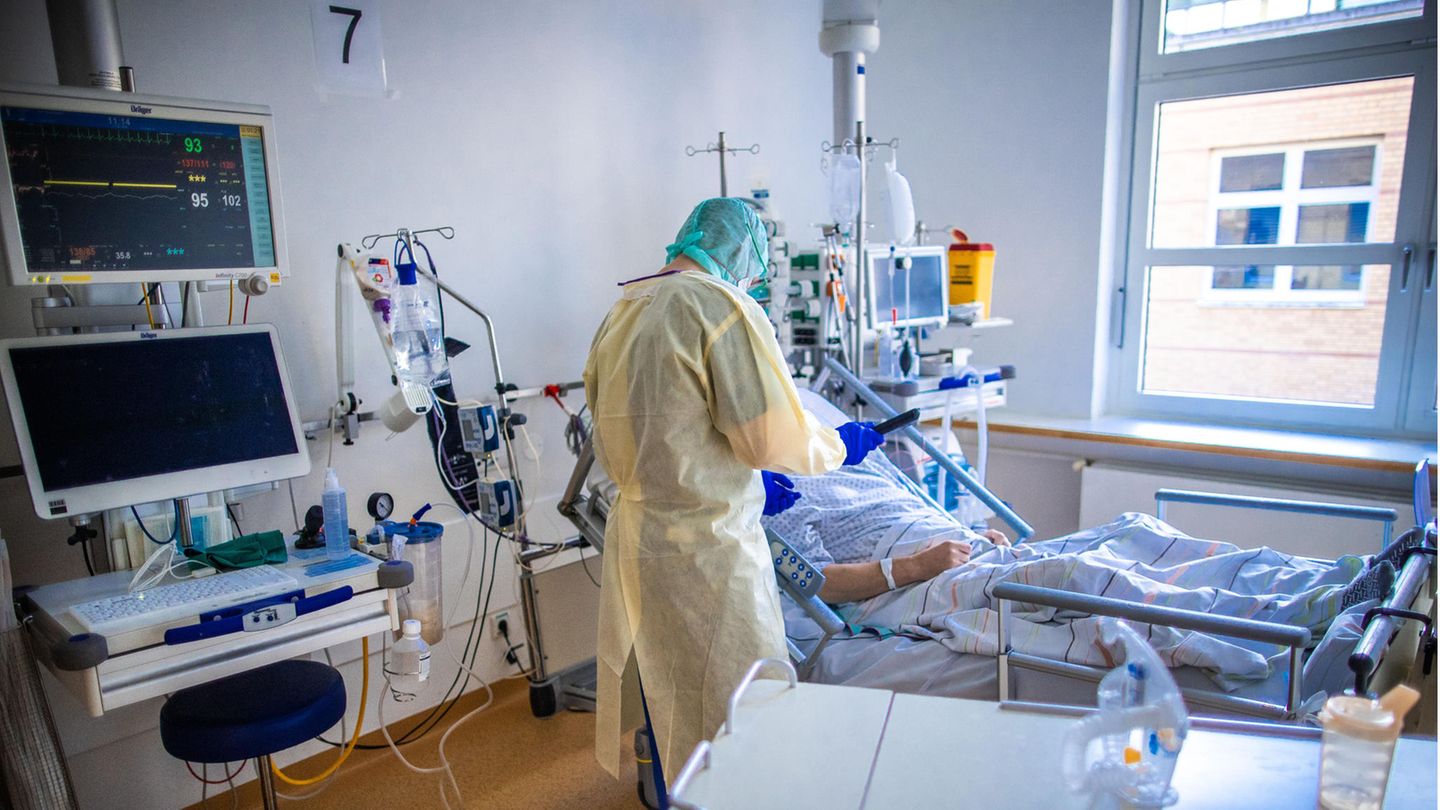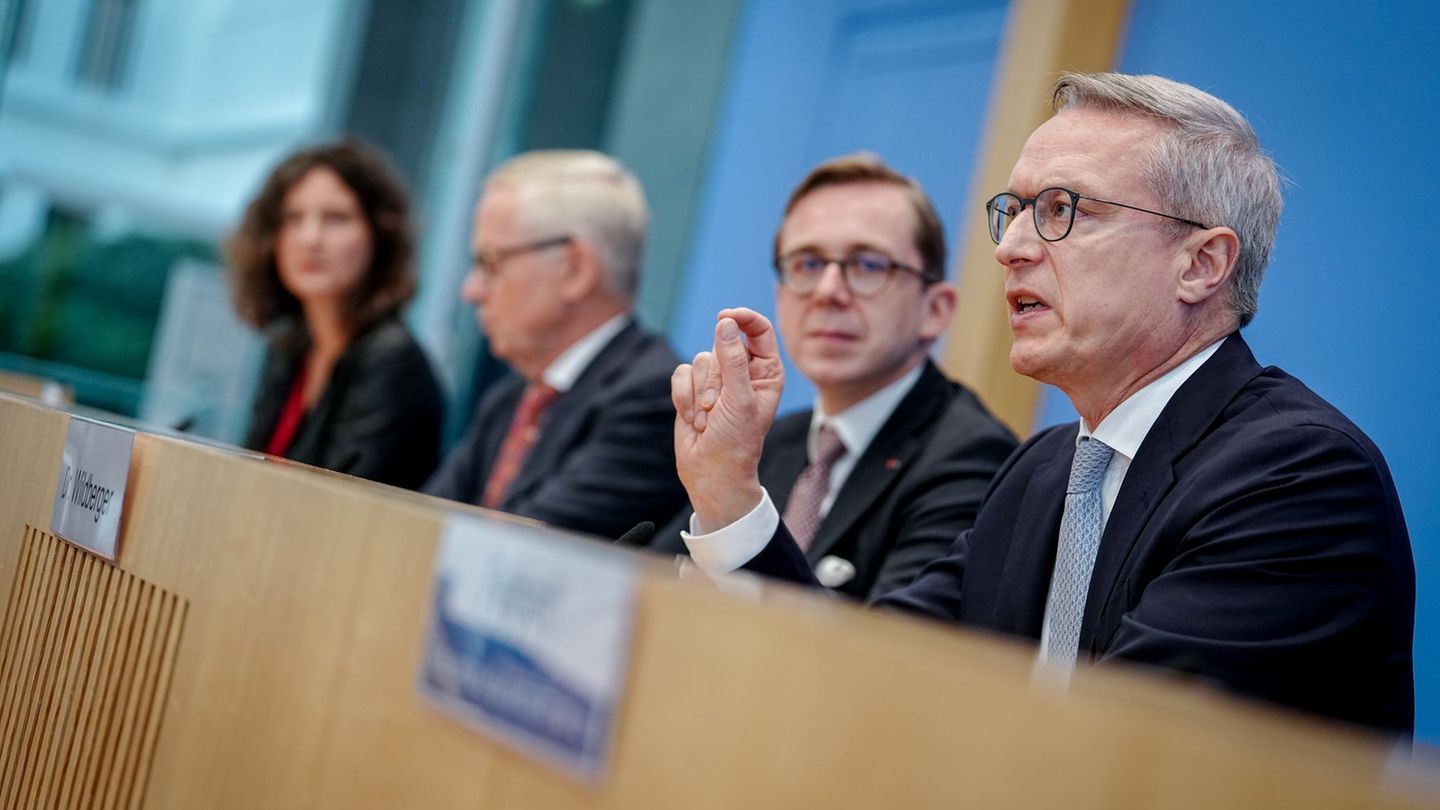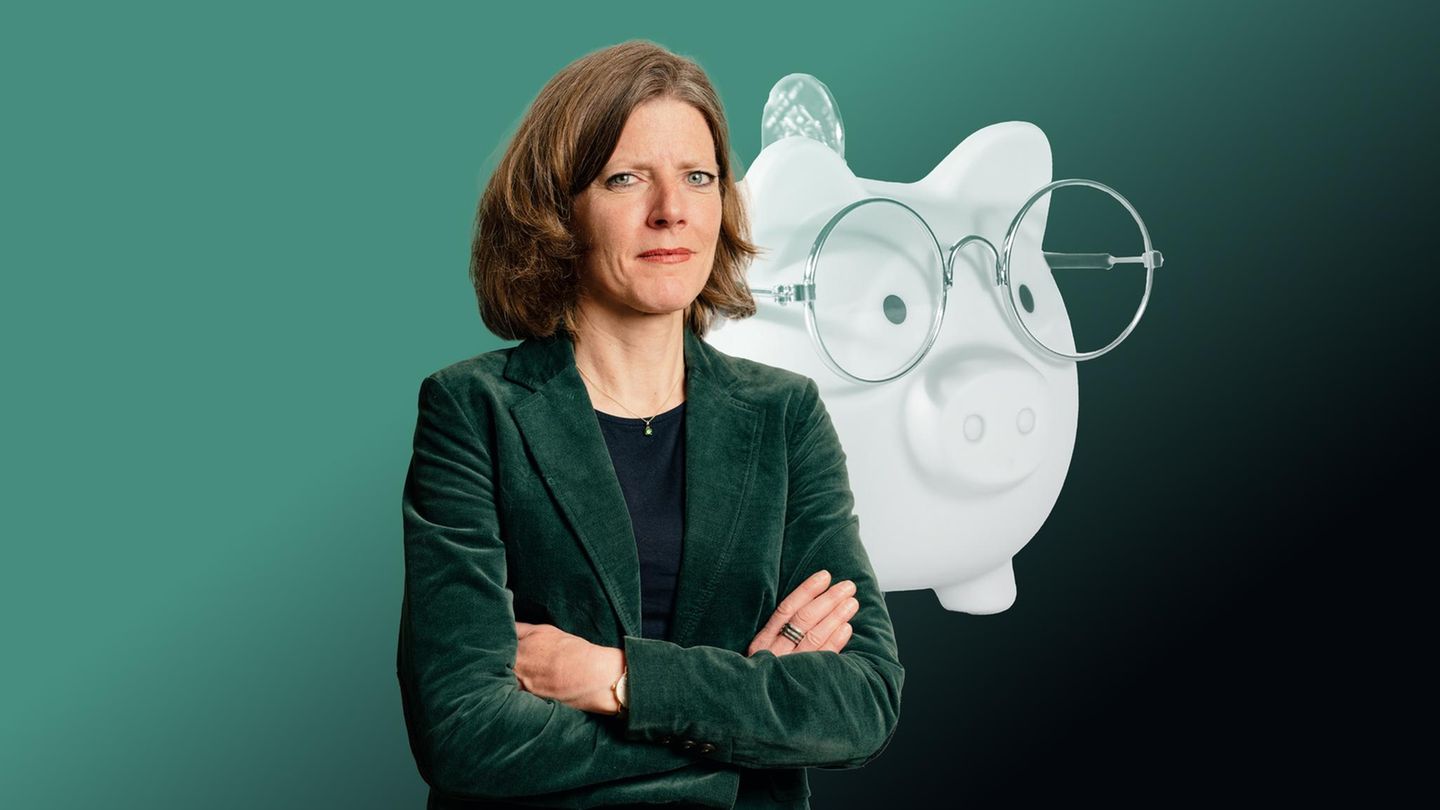Answer questions
The corona pandemic is repeatedly pushing the health system and its employees to their limits. In the worst case, there is a risk of triage. Politicians now have to clarify what to do when these limits are exceeded.
These are decisions that nobody wants: How to deal with patients when the options for comprehensive treatment are no longer sufficient for everyone? The Bundestag must “immediately” take precautions to protect people with disabilities in the event of such triage. That was decided by the Federal Constitutional Court in its decision published on Tuesday.
What is triage
The word triage comes from the French verb “trier”, which means “sort” or “choose”. It describes a situation in which doctors have to decide in what order to help people – meaning that help may come too late for some.
Is there already triage today?
Doctors and their assistants work with the concept of triage in the event of major accidents with a high number of injuries. In doing so, they bridge a mostly short-term emergency.
In the pandemic, triage means rather that a selection is made who has access to intensive care treatment or that a patient with a poor prognosis has to vacate his bed for a sick person who is given better chances. In his view, even postponing operations is a silent triage, said the board of directors of the German Foundation for Patient Protection, Eugen Brysch, of the German Press Agency.
“A triage would be a declaration of bankruptcy for the German health system,” said intensive care doctor Christian Karagiannidis recently in the NDR podcast “Coronavirus Update”. “Triage would mean ending the life of one patient in favor of another patient.” In view of the large hospital capacity, this should simply not happen in Germany. However, there could be a prioritization of the question of whether patients are treated in large clinics.
To whom does the decision of the Federal Constitutional Court refer?
Specifically, the decision concerns people with disabilities. According to the court, a disability within the meaning of Article 3 of the Basic Law exists “if a person’s ability to lead an individual and independent life is impaired over the long term”. This does not mean minor impairments, but rather long-term weight restrictions. The basic right thus also protects the chronically ill. Many of the plaintiffs, for example, have been dependent on wheelchairs for years, according to the court. One has severe coronary heart disease, another has brain damage since birth, and a third has so-called vitreous bone disease.
What is the Constitutional Court giving up politics?
The resolution states: “The legislature is required to take appropriate precautions immediately.” The court leaves it up to politicians to decide which ones should be. The legislature can name specific criteria according to which a decision is to be made as to how scarce resources are to be distributed in order to save lives. Requirements for the procedure are also possible – for example who must be involved in such a decision. In addition, aspects of discrimination and disadvantage could be made binding as part of training and further education. The Bundestag is free to choose which measures or which bundle it considers appropriate.
What would be conceivable?
The chairman of the board of directors of the World Medical Association, Frank Ulrich Montgomery, told the newspapers of the Funke media group that in the future, too, the decision would ultimately rest with doctors. “Politicians and judges cannot make a decision in the intensive care unit in highly acute individual cases.”
Politicians could, however, draw in legal guard rails for such decisions, similar to the Transplantation Act, where “urgency” and “prospects of success” are decisive criteria. On this basis, the German Medical Association formulates guidelines based on scientific considerations, said Montgomery. “Something similar should now happen in the triage legislation. The Bundestag defines the guard rails, medically and scientifically competent organizations formulate the guidelines for action – and adapt them according to the state of science. But the responsibility for the final decision will always remain with the doctors.”
The resolution speaks of “immediately”. What does that mean?
“Immediately” is usually defined in the judiciary as “without culpable hesitation”. In contrast to its decision to improve climate protection, for example, the Constitutional Court has not given a specific date by when the Bundestag must implement the requirements.
Not least because of the persistently high corona numbers and the highly contagious omicron mutant, it can be assumed that, from the court’s point of view, politicians should not allow too much time for first steps such as the submission of a draft law. The constitutional judges also do not watch the legislature on the fingers. A new application would be necessary so that the court can check whether the policy has already taken action to a sufficient extent.
Patient protection advocate Brysch assumes that it will take several months to achieve a tangible result – and considers this to be appropriate in view of the complexity of the subject. MEPs shouldn’t take much longer, he warned: “We don’t know what the situation will be like next autumn.”

What are the chances of survival with Covid-19 in intensive care units?
According to the Hamburg intensive care physician Stefan Kluge, the mortality rate for patients who receive intensive medical treatment is 30 to 50 percent. Of the seriously ill who have to be connected to an artificial lung, more than one in two do not make it.
How quickly do politicians react?
Federal Justice Minister Marco Buschmann (FDP) has announced a swift draft law by the federal government. The SPD parliamentary group wants to start consultations in January. Left parliamentary group leader Dietmar Bartsch demanded: “The Federal Government and the Bundestag must enter into consultations with experts in the coming week in order to meet the requirements of Karlsruhe.” The deputy chairman of the Union parliamentary group, Andrea Lindholz (CSU), demanded consultation and resolution of new regulations in the Bundestag in January. Doctors need quick legal certainty, also with a view to the threat of overloading hospitals with the Omikron variant of the coronavirus.
Source From: Stern
David William is a talented author who has made a name for himself in the world of writing. He is a professional author who writes on a wide range of topics, from general interest to opinion news. David is currently working as a writer at 24 hours worlds where he brings his unique perspective and in-depth research to his articles, making them both informative and engaging.




